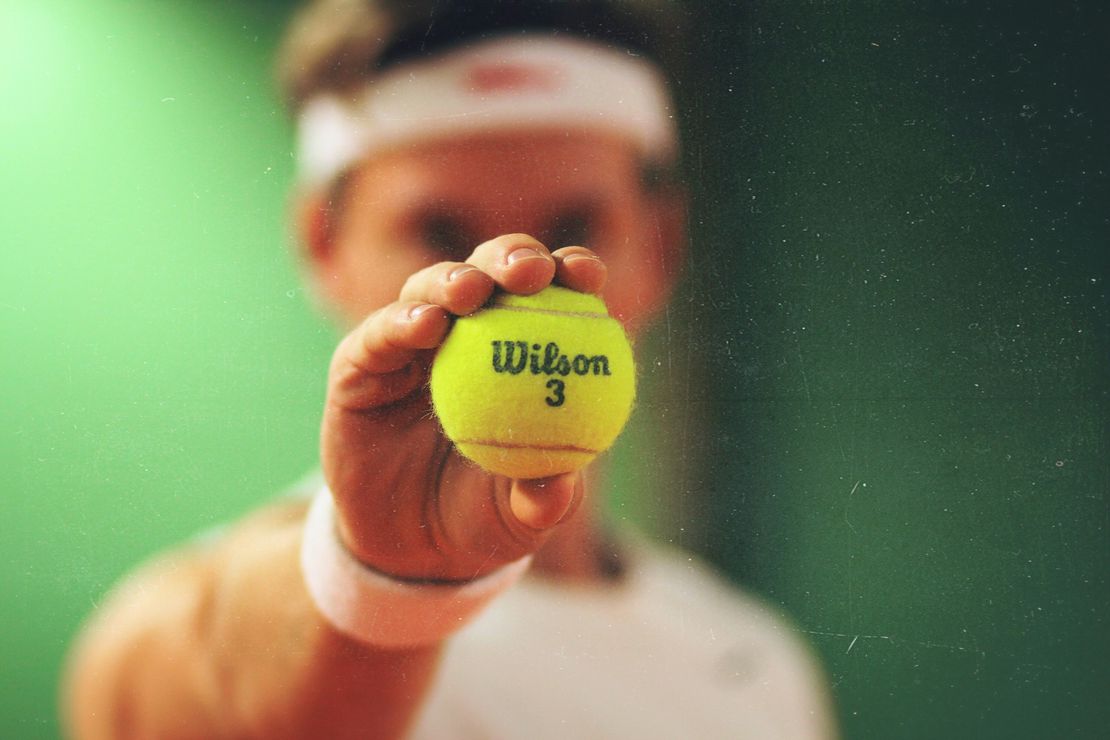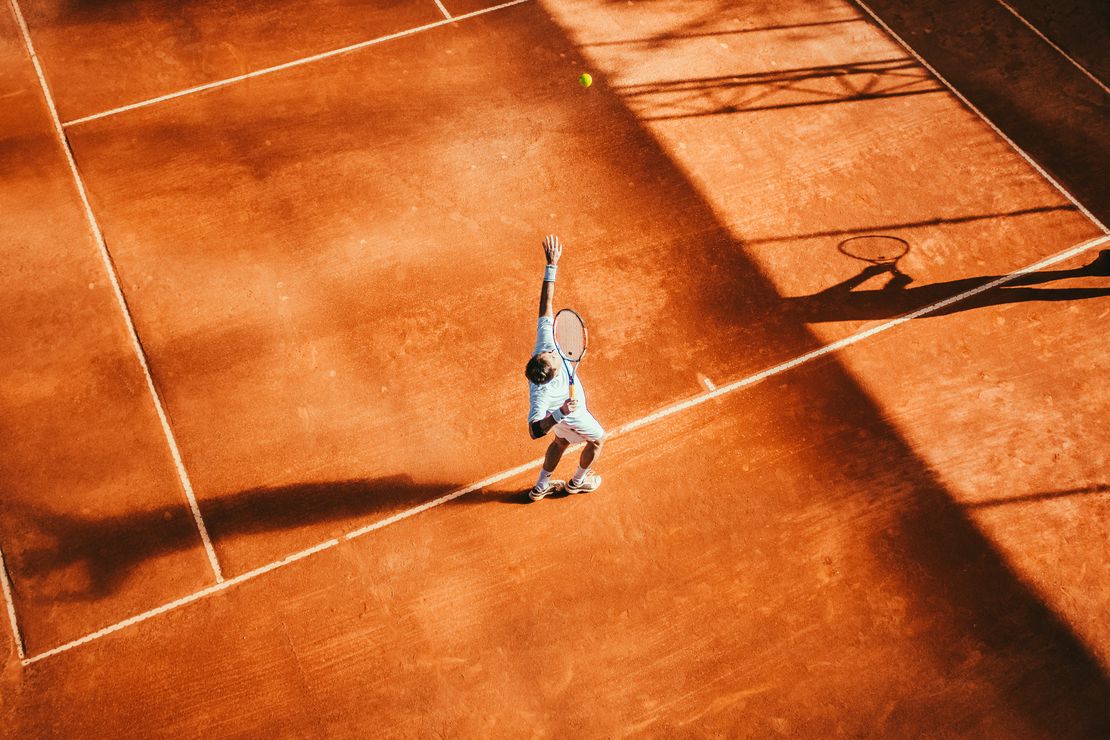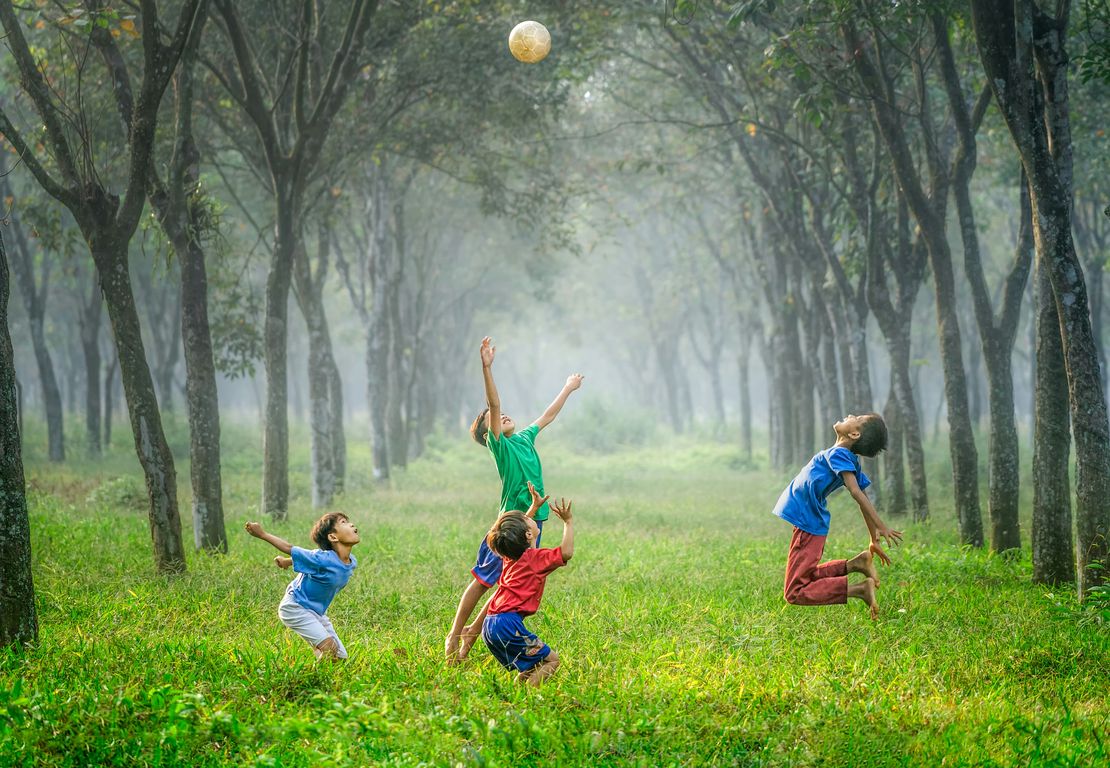
Focus on Your Own Game
Through my experience in coaching, I have noticed that there are two broad type of players based on their focus: those who always look at others and those who always look at themselves. Excuse my generalization for discussion purpose, and let me offer my point of view.
Players who always look at others are constantly comparing themselves against other players. This is regardless of age, race and gender, etc. They tend to look at others and ask:
- why is that player having a nicer looking racquet and not me?
- why is that player always have a beautiful forehand?
- why is that player moving better on court than me?
- why is that player getting more praise than me?
- why is that player learning quicker than me?
- …
Players who always look at themselves are very focused on their own game, they may also compare themselves against other players but they ask questions such as:
- How can I be better positioned on court?
- How can I improve my serve to bring more advantages to my game?
- How can I win the match?
- I lost the match, what can I do to make myself stronger? What training I need to achieve that?
- …
How to tell those players apart? Easy.
There are usually very obvious signs. I clearly remember the afternoon when I was racquet feeding two orange ball players. One player was intensely focused on the ball coming towards them and the other? the other was looking at the player focusing on returning the ball instead of her own return.
Which player would grow faster? I think you know the answer.
My curiosity of this observation has lead me to do some rudimentary research which lead to social comparison theory initially proposed social psychologist Leon Festinger in 1954. In short, people constantly compare themselves to others in different areas such as expertise, physical appearance, etc. Healthy comparison can lead to motivation and productivity, etc. Too much comparison could lead to jealousy, guilt, and self-loathing. There are two types of comparison: upward and downward, which respectively means compare with people we think are better than us in one area and compare with people who are worse than us in one area. Upward comparison may fuel us to improve ourselves and downward comparison may make us feel better about ourselves.
Comparison itself is not the issue. How players face or react to comparison plays a very critical role in their growth and mindset for matches.
During an interview in the Tennis Insider Club podcast , the current WTA player Carolina Garcia has admitted that her movement on clay courts are not as good as other players such as Iga. But that did not get her down nor did she think herself as a “worse” player in comparison, instead, she continued to talk about what she needs to do to beat a player who has better movement. She also mentioned that it is important to know that losing a match does not mean one is not a good player, it just means that they other player played better.
Darren Cahil, the current head coach of Jannik Sinner, has openly talked about the secret of making Sinner the player he is today in just 2 years: removing hurdles. If Sinner has not beaten Tsitsipas yet, okay, how can we do that? He has not beaten Novak yet, okay how can we do that? Cahil is not looking at other players, instead he’s looking at Sinner’s game and he’s helping Sinner to look at his own game with great focus.
Well, it’s easy to talk about these concepts to adult players but what about kids? how can we help them as coaches to focus on their own game?
What I have noticed so far is that players who are very secure and confident (with high self-esteem), most of the time would focus more on their own game. So confidence is the key.
How do we help them build confidence?
Through positive experiences.
How to create positive experiences?
This is what I have tried and proven to be effective so far:
- Praise the player in time for the smallest improvement, “wow, that is a great forehand you just did there!”
- When players struggle to follow correct techniques, re-assure them and encourage them, “hey, I know it’s really hard, but thank you for keeping trying and not giving up, I really appreciate the spirit!”
- If they are still struggling, do it together with them and slowly transition to players practice independently. A brief time of hand holding to create some small success can boost their confidence and give them more “fuel” to keep trying. “Do you mind if we do it together?, wow that was great, now can you try it by yourself?”
- When introducing match play and scoring concepts, provide affirmation to the players who have lost the game. “Even though you lost the game today, I am very proud of you. Your movement on court has improved greatly and I think you should be proud of yourself too.”
- Provide context for players. “Yes, I know the other player is playing well but did you know that they have been playing for 2 terms? and you just started today, you have been doing great for your first day! Keep playing like this, you will improve in no time!”
- Set achievable and incremental goals. “Can you do 2 rallies in a row?” “oh wow, you finished already?!” “now, can you do 4?”
- Rally with players. When coach plays with players, they are usually very excited and happy. So usually they are in a good mood. Coaches can help keep the rally in play longer and allow players be open to their potential and possibilities.
What are your thoughts? How do you help players focus on their own game? Reach out to me on socials or leave a comment below!
References


